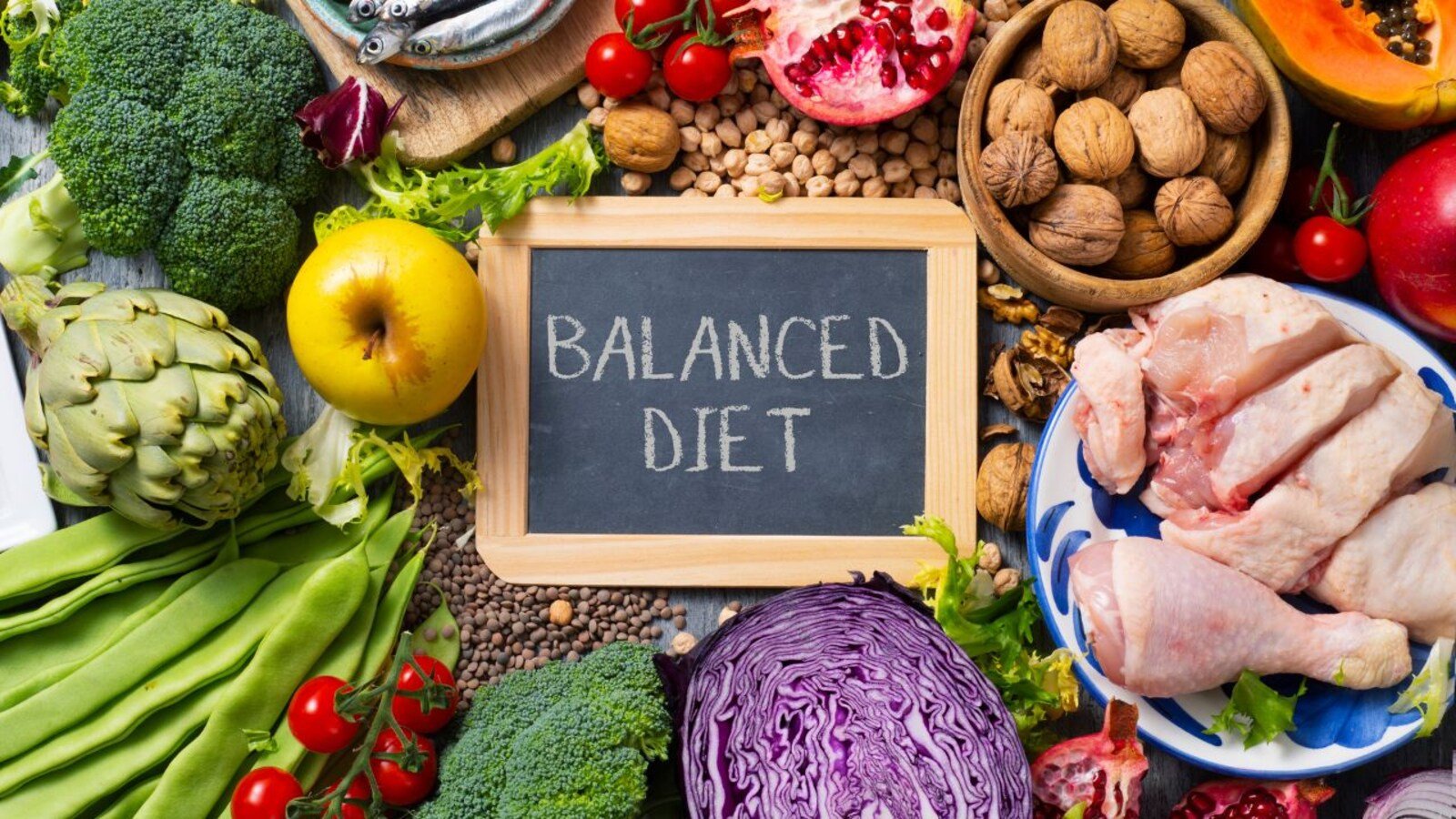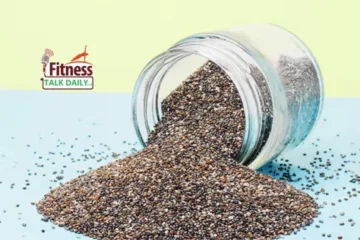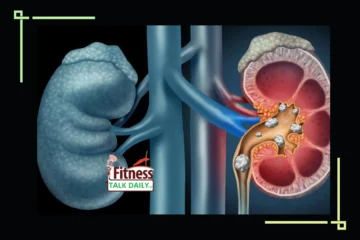Leukemia is a type of cancer that affects the blood and bone marrow. While the causes of leukemia are not entirely understood, researchers have found that lifestyle factors can play a significant role in reducing the risk. Simple lifestyle changes such as managing weight, eating a healthy diet, and getting enough sleep can make a big difference in your overall health and potentially lower your leukemia risk. In this article, we’ll explore how these changes can impact your leukemia risk and how you can incorporate them into your daily routine.
Managing Weight to Reduce Leukemia Risk
Excess weight is linked to several health problems, including an increased risk of various cancers, including leukemia. Maintaining a healthy weight is one of the most effective ways to improve your overall health and reduce the risk of cancer.
How Weight Affects Leukemia Risk
When you carry excess weight, especially abdominal fat, it can lead to chronic inflammation in the body, which is a known risk factor for the development of cancer. Additionally, obesity can interfere with the immune system, making it harder for your body to fight off potential cancer cells.
Tips for Managing Weight
Here are some helpful tips to manage your weight effectively:
- Eat a Balanced Diet: Focus on consuming nutrient-dense foods like vegetables, fruits, whole grains, and lean proteins. Avoid processed foods that are high in unhealthy fats and sugars.
- Exercise Regularly: Aim for at least 30 minutes of moderate exercise most days of the week. This can include walking, jogging, swimming, or cycling.
- Track Your Progress: Use a food diary or a health app to track your meals and exercise, helping you stay accountable.
Eating Healthy to Prevent Leukemia
A healthy diet is vital in reducing the risk of leukemia and other cancers. Proper nutrition helps strengthen the immune system, repair damaged cells, and maintain a healthy weight—all factors that can help protect against leukemia.
Foods to Include in Your Diet
Eating a diet rich in certain vitamins, minerals, and antioxidants can help protect your body from the development of leukemia. Some key foods to include in your diet are:
- Leafy Greens and Cruciferous Vegetables: Vegetables like spinach, kale, broccoli, and cauliflower are high in fiber and nutrients that help reduce inflammation.
- Whole Grains: Brown rice, quinoa, and whole wheat bread are excellent sources of fiber that promote overall health.
- Berries: Blueberries, strawberries, and raspberries are packed with antioxidants, which help fight free radicals and lower cancer risk.
- Lean Proteins: Foods like chicken, turkey, and fish can help maintain muscle mass and support immune function.
Foods to Avoid
- Processed Meats: Bacon, sausages, and deli meats can increase cancer risk due to their preservatives and high-fat content.
- Sugary Beverages: Soda, sweetened juices, and energy drinks can contribute to weight gain and inflammation, increasing your risk of leukemia.
Sample Meal Plan for a Healthy Diet
| Meal | Food Options |
|---|---|
| Breakfast | Oatmeal with berries and chia seeds |
| Lunch | Grilled chicken salad with spinach, avocado, and olive oil |
| Dinner | Baked salmon with quinoa and steamed broccoli |
| Snacks | A handful of almonds or an apple with peanut butter |
The Importance of Sleep for Leukemia Prevention
Good quality sleep is essential for maintaining your health and reducing cancer risk. During sleep, your body repairs cells, supports immune function, and helps reduce inflammation—all of which are key factors in lowering leukemia risk.
How Sleep Affects Cancer Risk
Chronic sleep deprivation can lead to a weakened immune system, increased stress hormones, and inflammation—all of which contribute to a higher risk of developing cancer. Research shows that people who consistently get less than 7 hours of sleep per night are more likely to develop cancer.
Tips for Better Sleep
- Stick to a Sleep Schedule: Go to bed and wake up at the same time each day, even on weekends.
- Create a Relaxing Bedtime Routine: Engage in calming activities before bed, such as reading, taking a warm bath, or practicing mindfulness.
- Limit Caffeine and Electronics: Avoid consuming caffeine and using electronics at least 30 minutes before bedtime.
Table: Lifestyle Habits to Reduce Leukemia Risk
| Lifestyle Change | Impact on Leukemia Risk | Tips for Implementation |
|---|---|---|
| Managing Weight | Reduces chronic inflammation and strengthens the immune system | Eat a balanced diet, exercise regularly, track progress |
| Healthy Eating | Supports immune function and reduces free radicals | Eat whole grains, lean proteins, and antioxidant-rich foods |
| Getting Enough Sleep | Enhances cell repair, reduces inflammation, and boosts immunity | Stick to a sleep schedule, limit electronics before bed |
Small Lifestyle Changes Can Make a Big Impact
While lifestyle changes alone can’t guarantee leukemia prevention, they can significantly reduce the risk. By managing your weight, eating a healthy, balanced diet, and prioritizing good sleep, you’re giving your body the best chance to stay healthy and fight off disease.
On World Cancer Day 2025, take time to reflect on your lifestyle habits and make adjustments to protect your health. Reducing your leukemia risk may be as simple as making small changes to your daily routine—one step at a time.




